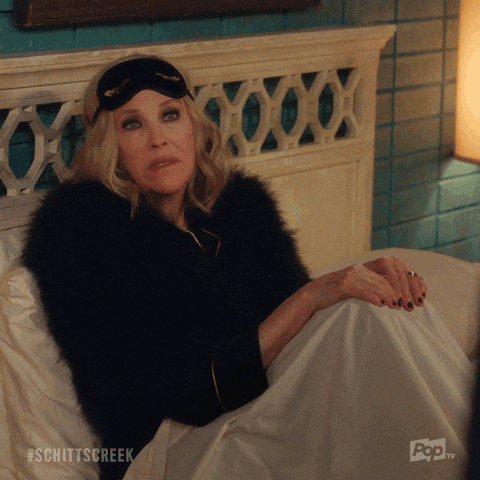
This one’s going to get a little personal. A little vulnerable.
I’m so much more comfortable taking a teaching stance, and not talking about myself except in vague ways and with carefully chosen details.
But today, I need to tell you what’s happened in my own writing, because I finally understand something internally that I’ve until now only understood - and talked about - intellectually.
(Clears throat.)
FACT:
For the past few weeks I’ve been taking an online class on writing micro-memoirs. Tiny personal stories under 500 words. I thought that the weekly deadlines would help me pick up my pace of generation, and give me some new perspective on writing tiny narratives. (It has.)
FACT:
For four decades, I’ve been trying unsuccessful to write about my relationship with - my estrangement from - my father. The last time I tried was after he died in 2020, almost two decades since we’d last spoken.
I call the writing unsuccessful not because it wasn’t therapeutic - it was - but because I was spewing my feelings all over the page. The only thing I wanted to give the reader was the chance to feel sorry for me.
That feels gross to say, but it’s true.
FACT:
Two weeks ago I hadn’t had time to generate something new for class, so I went back to that old piece from 2020, for no reason other than it was the first thing I noticed in my “old writing” folder. I thought I’d just pull a snippet out of the larger essay, revise it, and turn it in for feedback.
What happened next is kind of woo-woo, but bear with me.
As I was revising the 400-word segment to give it a teeny-tiny character arc, I visualized an entire memoir of micro-essays coming together, puzzle pieces linking in midair. I knew with an absolute certainty that this memoir was what I needed to work on, immediately - not only as a writer, but as a middle-aged woman who has carried this baggage long enough; who has only in the past year through intensive therapy realized how it has affected every relationship she’s ever had, every choice she’s ever made; who recently told her husband* that she demanded to be listened to, that it was no longer an option to brush off things she says, and by doing this had finally reclaimed the voice of that girl who was left behind.
* He’s a wonderful man, by the way - this has just been a sticking point.
Here is the other thing that hit me in that moment, and this is for you:
I knew what the memoir would be about.
It’s not about just telling the story of my abandonment by my father.
It’s the story of dismantling the identity I’ve built around that narrative over the past four decades.
And identity is what my reader can connect with, whether they’ve experienced something similar to my story or not.
Finally, I realized how I could write this story in a way that would serve me AND serve the reader.
This is why it didn’t work before. Because I didn’t know why I was writing it.
You’ve heard me talk about the WHY many times. Why this story? Why now? What are you trying to say about the world, the human experience?
Sometimes we can make those decisions intellectually.
But sometimes, I’ve realized, it requires allowing space for the universe to tell us.
I had resigned myself to never writing this story for an audience. But now I get to.
And I am beyond grateful.
Thank you for allowing me the space to share this with you. I feel so lucky to finally understand the why of this story, and with that energy I want to once again encourage you to find the why of your stories.
Have a beautiful week!
Warmly,
Stephanie
P.S. I’ll be here when you’re ready. 🌻
P.P.S. Love this post? Please forward it to a friend!








Stephanie -- this is just beautiful. Thank you so much for sharing this process with us. And your memoir structure sounds amazing. I hope you gain so much from the writing of it.